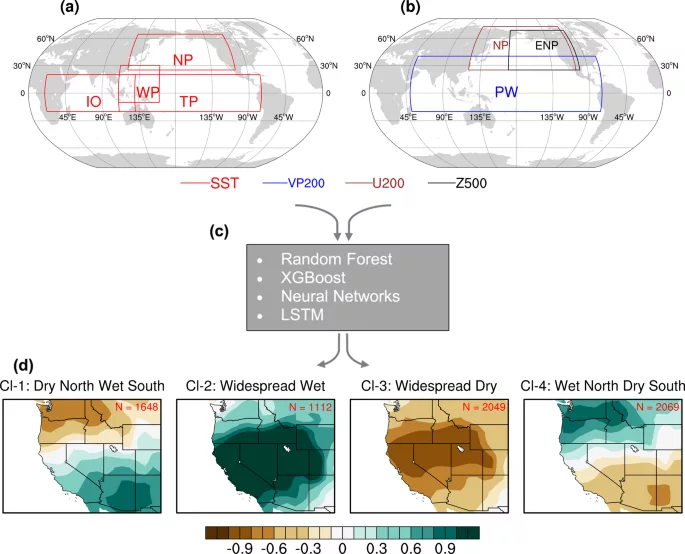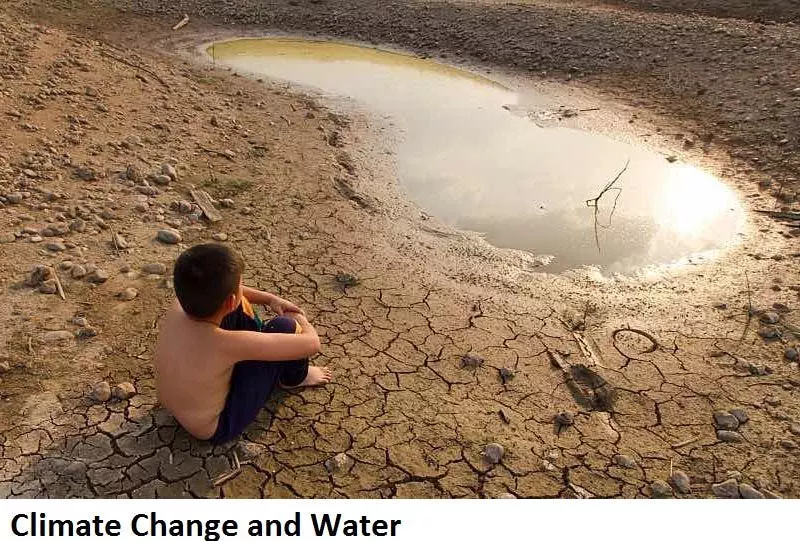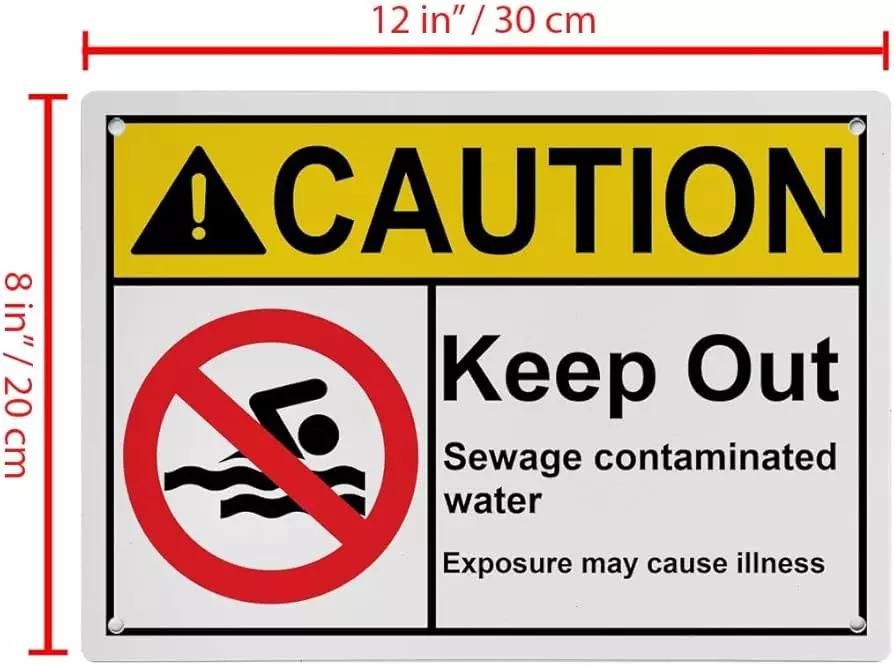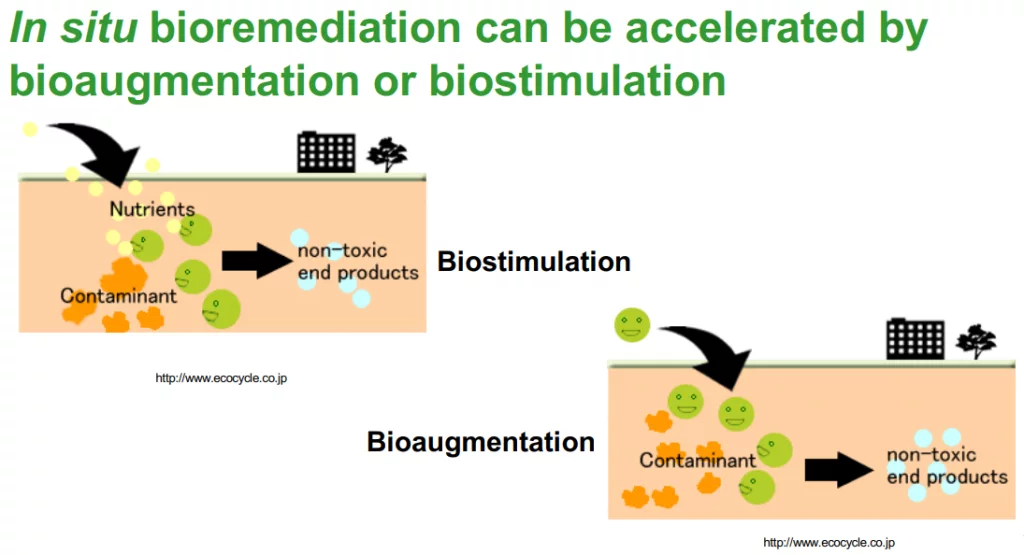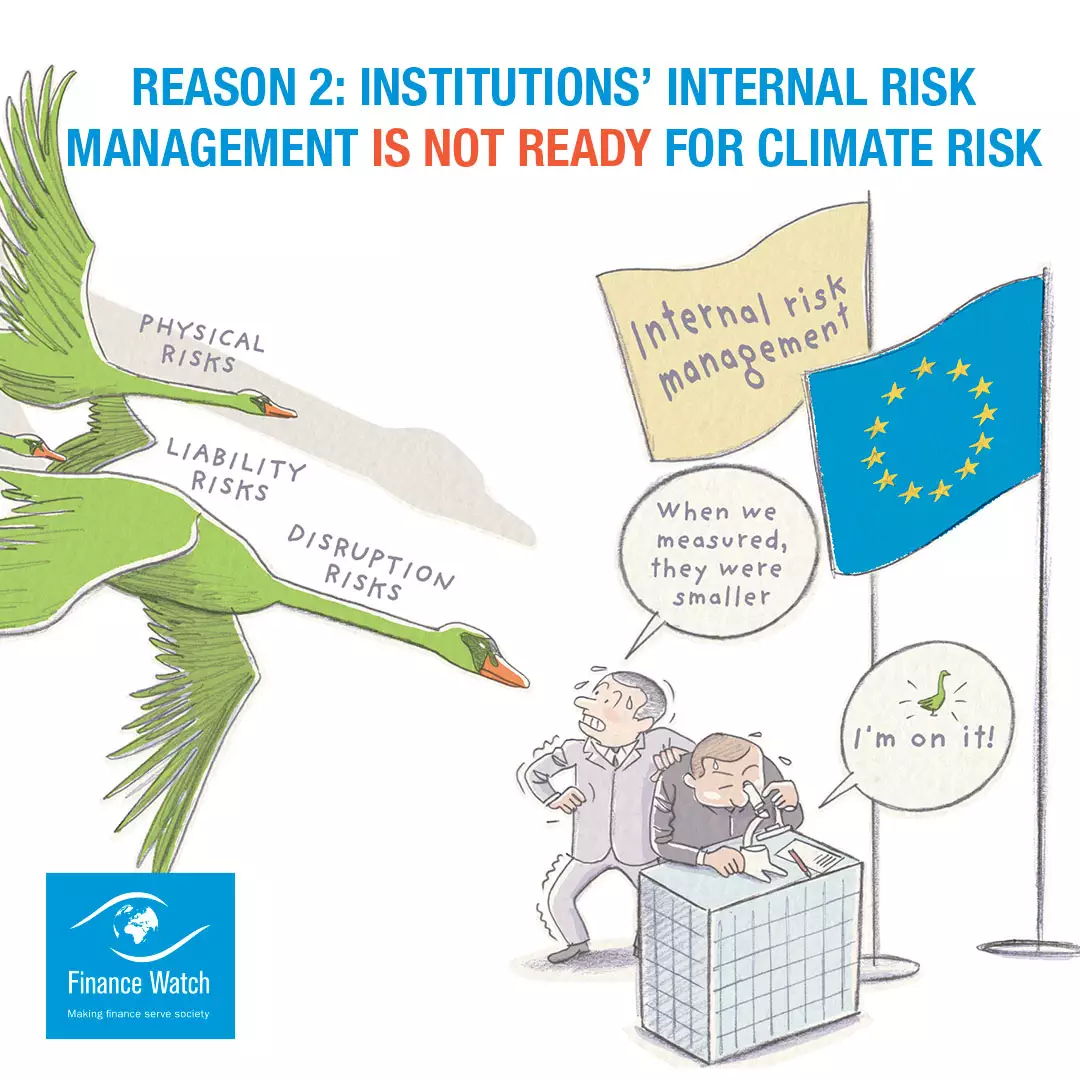
Stop Ignoring Climate Change Insurance and Protect Your Future
Remember the last time a storm knocked out power or heavy rains flooded streets? These events are becoming more frequent, and they highlight the importance of climate change insurance. You might think your current policy covers everything, but there’s more to protecting your future than just a basic home insurance plan. With natural disasters and extreme weather events on the rise, it’s crucial to consider how insurance impacts not only your peace of mind but also the safety and value of your property.
Communities around the world are facing increasing risks from climate-related events. Therefore, insurers are adjusting their coverage and premium rates accordingly. Flood insurance can be a lifesaver, especially in areas prone to water damage claims. However, it’s not just about protecting your home. Business models in the insurance industry are evolving as insurance companies strive to mitigate the impacts of climate change while maintaining reasonable costs. These shifts help you make informed decisions about your coverage and ensure you’re ready when disaster strikes.
Explore the vital role climate change insurance plays in safeguarding your future. Learn how to choose the right policies and plans for your unique situation. Dive into the article and discover how you can better protect your investments and build resilience against the unknowns of a changing climate. Your future deserves this attention today.
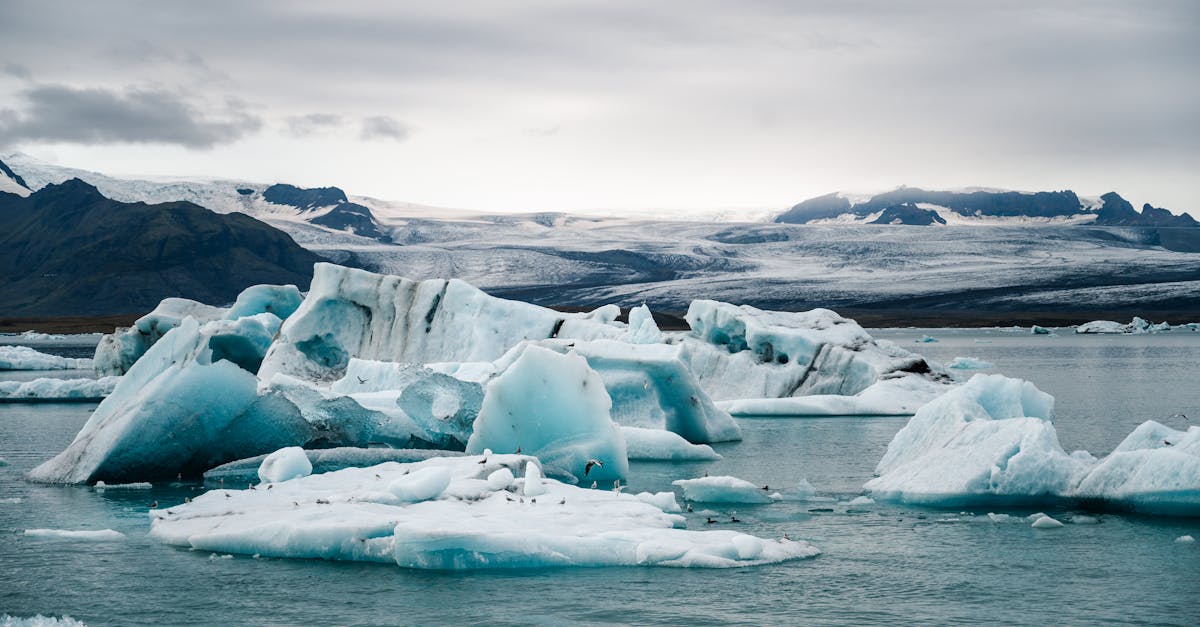
Photo provided by Aliona & Pasha on Pexels
Understanding Climate Change Insurance
Climate change insurance is an important tool for protecting your property and investments. It can cover damage from extreme weather events, like hurricanes or floods. You might wonder how it works. Well, it works by providing funds to repair or replace damaged property. You can think of it as a safety net for your assets. It’s crucial to understand what your policy includes and what it does not. This way, you can avoid surprises when you need to make a claim.
Why Climate Resilience Is Important
Preparing for natural disasters is vital because they can happen at any time. Climate resilience means being ready and able to bounce back after a disaster. You can start by creating a plan for your home and family. Consider having an emergency kit with food, water, and other essentials. Additionally, check if your insurance covers specific climate-related risk scenarios. By being prepared, you safeguard your loved ones and investments against the unexpected challenges that may come your way.
How Insurance Industry Responds to Risks
The insurance industry uses risk assessment strategies to evaluate where and how damages might occur. They look at past events, climate data, and geographical factors. This helps them decide on the insurance terms and conditions. These assessments also guide them in creating policies that consider extreme weather risks and coverage. As you can imagine, this process is crucial for offering you the best protection against possible threats.
Premium Rates and Insurance Impact
Your insurance premium rates depend on several factors. The location of your home, its condition, and your claims history all play a role. Areas prone to disasters might have higher premiums. The industry also adjusts rates based on new information about weather patterns. Therefore, if you live in a high-risk area, you might see changes in your premiums. Understanding these factors can help you make informed decisions about your policies and investments.
Exploring Water Damage Claims
If you need to file a water damage claim, you should know the steps to handle it effectively. First, report the damage to your insurer as soon as possible. Take pictures and document everything. Then, follow the instructions from your insurance company on how to proceed. You should also know your policy details before filing. This knowledge can help you navigate the insurance claims process smoothly and ensure you get the compensation you deserve.
Benefits of Flood Insurance
Flood insurance can protect your home from unexpected water damage. You might think general home insurance covers floods, but it often does not. That’s why flood insurance is so crucial. It covers repairs and helps you get back on your feet more quickly. With the increase in flooding due to climate change, this type of insurance offers peace of mind. It ensures you have the resources to recover from disaster strikes burden swiftly.
Role of Home Insurance in Climate Change
Home insurance is evolving due to climate change. It helps in enhancing your home coverage by including different types of risks. This evolution happens as insurers realize the growing threats from changing weather patterns. They might expand their policies to cover new risks. By understanding these changes, you can better protect your property. Always check what your current policy covers and consider additional coverage if necessary. This will help you stay one step ahead of any potential hazards.
Secure Your Future Now
Understanding the importance of climate-related coverage may seem challenging at first, but it brings peace of mind. You gain protection against unexpected natural disasters and safeguard your home and investment. By taking appropriate measures now, you ensure your future stability and security. Additionally, you’re contributing to a more resilient community better prepared for the challenges of tomorrow.
To move forward, review your current policies and consider consulting with an insurance expert to assess your specific needs. Check for any gaps in your coverage, especially concerning water damage or flood risks. Actively seek information from your local community or government initiatives that may offer added resources or insights. These steps will put you in a stronger position to face climate-related challenges effectively.
Don’t wait for disaster to strike; take charge of your future today. Reach out to an expert to discuss your options and make informed decisions. Secure your peace of mind and act now to protect what matters most to you. Your proactive steps today pave the way for a safer and more secure tomorrow.

